NEWSNIGHT LIVEpublished at 12:46 BST 24 August 2015
Monday 24 August 2015
Occasional updates and analysis from the Newsnight team
Monday 24 August 2015
Allow YouTube content?
This article contains content provided by Google YouTube. We ask for your permission before anything is loaded, as they may be using cookies and other technologies. You may want to read Google’s cookie policy, external and privacy policy, external before accepting. To view this content choose ‘accept and continue’.
The ongoing war against IS in the Middle East is rarely out of the headlines. Less familiar however is the story of Yazidi women soldiers who have joined the banned Kurdistan Workers Party - or PKK - and its affiliates to take up arms against their persecutors. The BBC's Jiyar Gol has gained exclusive access to one of them to show us how the PKK women learn to fight.
Thursday 20 August 2015
 Duncan Weldon
Duncan Weldon
Economics correspondent
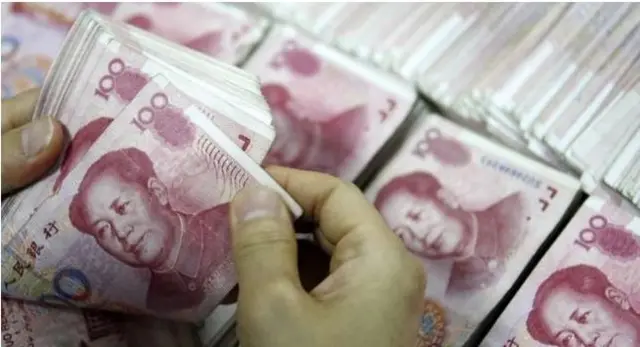 Image source, AFP
Image source, AFPSo, just to be clear, this is not a re-run of 1997. But that doesn't mean it isn't serious.
In 1997 much of Asia fell into a severe financial crisis. Countries like Thailand, Indonesia and South Korea had become dependent on foreign credit, and when it dried up they were severely hit. Currencies crashed, economies tumbled, unemployment soared and there was serious talk of a global financial meltdown.
The current situation is quantitatively different and rather than being a sudden episode of crisis, it feels like the culmination of some deeper structural changes in the world economy.
Emerging market currencies have lost value against the dollar and currently stand at a six-and-a-half-year low in aggregate. The Financial Times today, external reports that almost $1tn of capital has flowed out of emerging economies in the last 13 months.
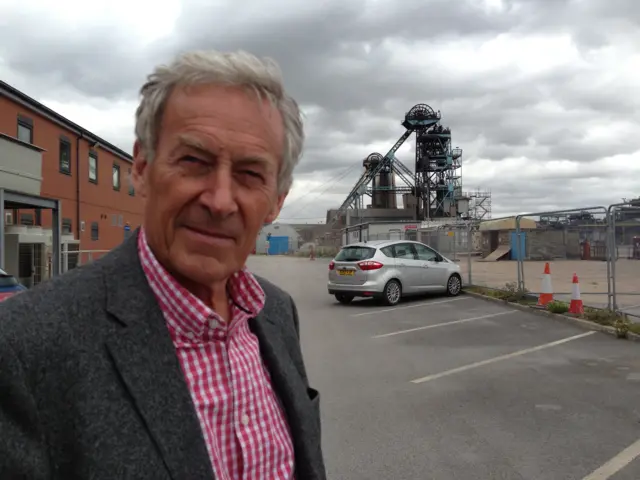
Nicholas Jones, who covered the miners' strike for the BBC, at Hatfield - one of the recently closed mines
The UK's very last deep pit coal mine is about to close. The BBC's former labour and industrial correspondent, Nicholas Jones, reflects on the end of an era.
Coal heated our homes, fuelled the industrial revolution, and over the centuries provided millions of jobs in coalfields across the UK, but soon deep mining will be no more, and a way of life is about to end.
"It's absolutely heart-breaking," says Dave Douglass, a former pit delegate and secretary who has spent his life working at the recently-closed Hatfield pit near Doncaster.
"The only way that a non-professional working class lad could earn a decent living, buy a house and get a decent car and holiday was by being a miner, and being a miner was a very proud thing to be."
Pretty soon, it seems...
Allow YouTube content?
This article contains content provided by Google YouTube. We ask for your permission before anything is loaded, as they may be using cookies and other technologies. You may want to read Google’s cookie policy, external and privacy policy, external before accepting. To view this content choose ‘accept and continue’.
When will interest rates start to go up?
"I think it's pretty soon," says economist David Miles, who sat on the Monetary Policy Committee for six years, and whose term has just ended.
He spoke to Evan Davis on Tuesday night's programme. Watch the interview above. There's lots more on our YouTube channel. , external
Wednesday 19 August 2015
 Duncan Weldon
Duncan Weldon
Economics correspondent
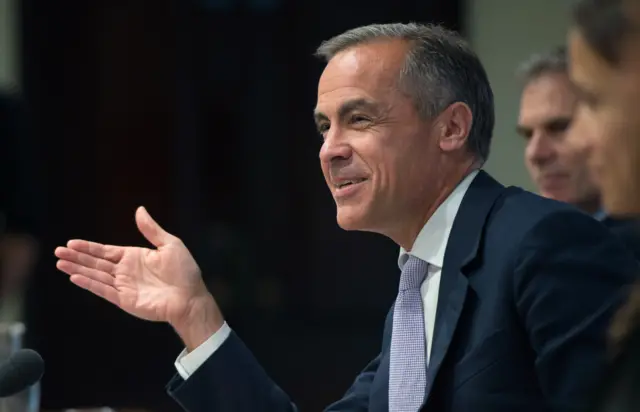 Image source, Getty Images
Image source, Getty ImagesThe Governor of the Bank of England Mark Carney
Inflation rose by just 0.1% in the last year and has been basically stagnant around zero percent for six months.
Looking at the global economy, there are plenty of reasons to think that there are disinflationary forces at work that will keep headline inflation down - the oil price is flirting with a six-and-half-year low, China's economy is slowing and food prices continue to fall.
And yet the Bank of England is increasingly signalling that interest rates will soon begin to rise, external. Given that its target is to get inflation to 2.0%, this has left many scratching their heads.
There are three reasons why raising rates may make sense, even with inflation (temporarily?) stuck around zero.
Tuesday 18 August 2015
It's complicated!
 Ed Brown
Ed Brown
Newsnight producer
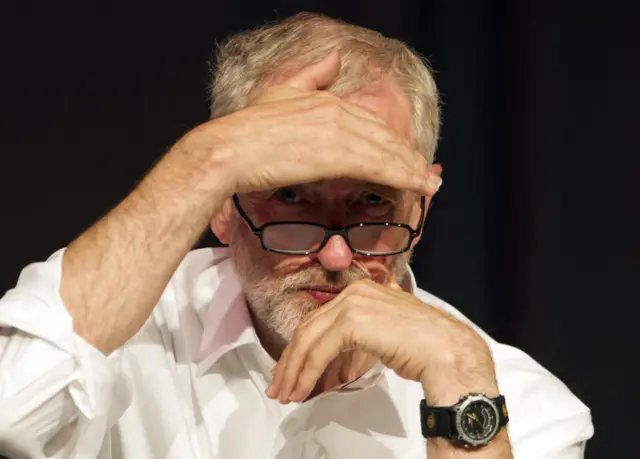 Image source, Getty Images
Image source, Getty ImagesBallot papers are going out this morning for the Labour leadership contest after a weekend of various grandees apparently dreaming up new schemes to stop Jeremy Corbyn. Almost none of these will work. Why?
Because, on current polling, it all comes down to whether you think the people voting for Andy Burnham or those voting for Yvette Cooper are more likely to put Corbyn as their next preference. And there is no decent publicly available evidence that either of them are. Furthermore, for similar reasons, there is no arithmetic reason why non Corbyn candidates withdrawing would do anything to stop Corbyn.
Let me explain.
Voters in this election will be given the opportunity to rank the candidates in order of preference. The first preferences are counted up, and the person with the fewest is eliminated from the contest - and the votes they received are given to whoever each person that voted for them rated as their second preference. If after that none of the candidates has achieved 50% of the vote, the candidate with the lowest number of votes is eliminated and their votes are given to whoever they put as their higher preference amongst the two remaining candidates. By definition, this gives one of the two remaining candidates a majority of the votes.
Current polling puts Corbyn first, Cooper and Burnham roughly tied in second, and Kendall trailing in third. So either Cooper or Burnham will most likely be the candidate that faces Corbyn in the final round. If you want to stop Corbyn, you'll be voting for some combination of Cooper, Burnham and Kendall as your first three preferences. So your vote WILL end up being for whoever faces Corbyn in the final round, WHICHEVER order you put those three in.
The only way you can affect the number of votes Corbyn gets is by trying to second-guess the second preferences of people that vote for eliminated candidates. If you believe the polls, Kendall's almost certain to be eliminated first, so you can't affect that. But one of Burnham and Cooper won't be eliminated before the final run off with Corbyn. Whichever one is eliminated will have their preferences redistributed to either Corbyn or his opponent.
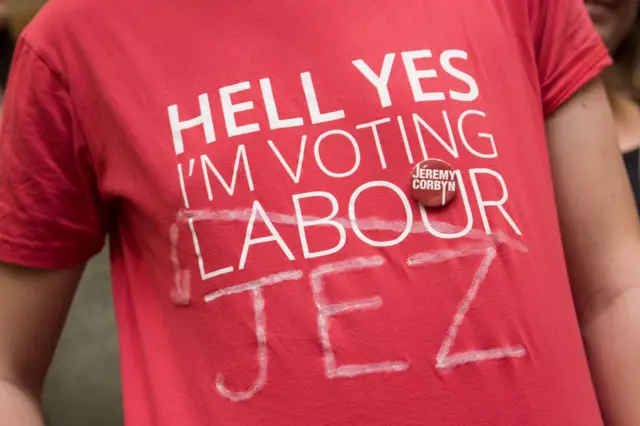 Image source, Getty Images
Image source, Getty ImagesSo, in theory, if you, the "stop Corbyn" voter thought that, say, Burnham's supporters are more likely to have Corbyn as their next preference than Cooper's, you should put Burnham ahead of Cooper in your preference list even if you ACTUALLY prefer Cooper to Burnham - because it'll starve Corbyn of the extra votes he'd get if Burnham was knocked out.
The thing is, I am not aware of any decent evidence that this is the case. We have very few polls on the Labour leadership election - and those that exist (necessarily) have small samples of what Burnham and Cooper's second preferences would be. Very roughly speaking, the polling tables I've seen suggest supporters of both split their second preferences about 30/70 between Corbyn and his opponent. So it's not clear which of these you should give a higher preference to tactically stop Corbyn anyway.
In other words, there is no obvious way to tactically vote against Corbyn. If you want to stop him he'll be your last preference anyway - and it literally doesn't matter what order your first three preferences are in. Crazy thought though it might be, you can happily vote for candidates on the basis of, y'know, how good you think they are.
A quick addendum on candidates dropping out
This actually has implications for people dropping out of the race as well. Ballot papers have already gone out, but Cooper could, for example, tell all her supporters to first preference Andy Burnham instead. In terms of tactical voting, there is NO POINT in any of the three non Corbyn candidates doing this. All their votes will be aggregated to support whoever faces Corbyn in the final round anyway as a result of the preference system.
Of course, that's just on the arithmetic. There might be a case for candidates dropping out if they think that a unified anti-Corbyn campaign would be more effective at winning over existing Corbyn supporters - perhaps because they spend less time attacking each other. But this is necessarily pretty speculative, especially this late in the game.
Tristram Hunt needs to know as badly as anyone in the Labour Party
 Alex Campbell
Alex Campbell
Newsnight producer
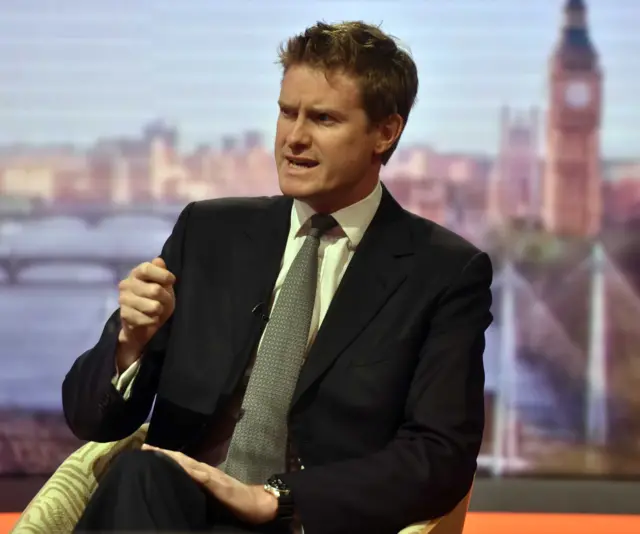
Shadow Education Secretary Tristram Hunt, due to be interviewed on Newsnight this evening, has been explicit in his opposition to Jeremy Corbyn’s surge toward the Labour leadership.
In an impassioned 1,300-word letter, external to constituents in Stoke-on-Trent Central, Mr Hunt described a Corbyn victory as a “very real risk” to the party’s future and rebuked those supporters who consider it “unfashionable to aspire to government”.
But could Labour’s shape in his own constituency offer clues about why the renegade candidate has surfaced as an unlikely frontrunner?
Stoke-on-Trent Central has never returned anything other than a Labour MP. Mr Hunt, initially disdained by some local activists as a beneficiary of “parachuting” by central HQ, has continued this unwavering tradition with convincing wins at two general elections.
Yet the picture is far murkier than his unhindered victories imply.
Stoke-on-Trent Central was the only seat in the country where a majority of people did not vote in May. Labour has lost 14,000 voters there since 1997 and Tristram Hunt – while comfortably re-elected – was in fact mandated by a miserly 18.3% of eligible voters.
The latest bloody nose to Labour is that the party has now implausibly lost its majority on a council which once had a Labour councillor in every single seat. The City Independents, an eclectic assembly of unaffiliated residents elected on a populist anti-cuts mandate, are leading an unlikely coalition with the Conservatives and UKIP.
This is despite boundary reforms designed to improve council performance by providing “strong governance” and political stability – perceived locally as an opportunity for Labour to govern indefinitely and keep out insurgent parties such as the BNP.
Clearly, history dictates that Mr Hunt’s constituents want to back Labour – and the collapse of the city’s traditional industries in steel, coal and the potteries have only strengthened this bond.
But recent developments imply that, in a city whose voters see scant alternative to Labour, the enthusiasm for its message is waning dramatically.
Mr Hunt is clear in his view that Jeremy Corbyn is not the answer. But given that his is the campaign noted most for spreading hope, passion and excitement amongst its supporters – how does Mr Hunt propose that the same enthusiasm is restored to the disaffected supporters in cities like the one he represents?
Perhaps tonight we’ll find out.
Tristram Hunt will be on the programme tonight at 22.30 on BBC Two.
Monday 17 August 2015
It's a "battle for the soul of the party" she tells us
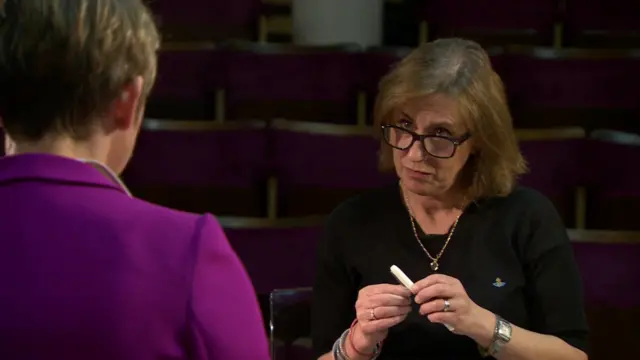
TONIGHT. Kirsty Wark interviews Labour leadership contender Yvette Cooper. They discuss Corbyn mania, being a working mum and more.
The interview will be up after the programme on our YouTube channel, external
13 August 2015
Allow YouTube content?
This article contains content provided by Google YouTube. We ask for your permission before anything is loaded, as they may be using cookies and other technologies. You may want to read Google’s cookie policy, external and privacy policy, external before accepting. To view this content choose ‘accept and continue’.
On the programme last night, we reported on the heartbreaking story of Farkhunda - the Afghan woman who was falsely accused of burning the Koran, and beaten to death.
The film pulled together footage of the attack - and heard from her parents, women's rights activists in Afghanistan, and relatives of those accused of her murder.
You can watch it again above.
There's also an extended version of this report on Our World.
Credits: Reporter: Zarghuna Kargar, Camera: Elissa Mirzaei, Film Editor: Gordon Watt, Executive Producer: Kavita Puri, Kabul Producer: Maryam Maseh, Producer: Sara Afshar.
Wednesday 12 August
 Chris Cook
Chris Cook
Newsnight Policy Editor
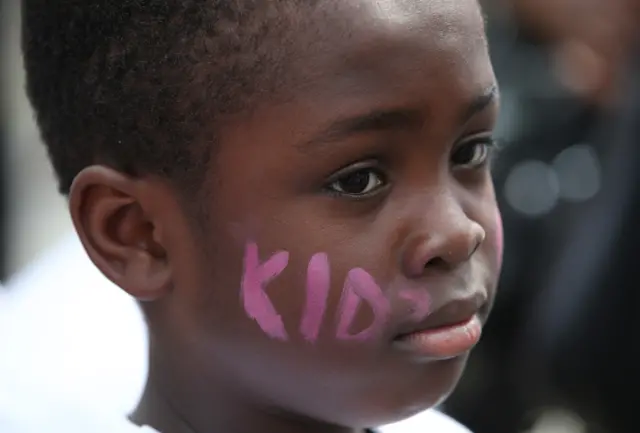 Image source, Getty Images
Image source, Getty ImagesThere are been a number of demonstrations in support of Kids Company
As local authorities and charities have started helping people stranded by the closure of Kids Company, the big concern is still about how to provide support for young people who used the charity's services, particularly in its south London heartland. A police investigation involving the charity is, quietly, still interviewing former staff members and clients.
In the medium term, though, attention must turn to the Kids Company's trustees, who have legal responsibilities for the charity. Chaired by Alan Yentob, the BBC broadcaster and creative director, the trustees clearly made strategic decisions that repay some examination.
Read the full story on Chris Cook's blog
Allow YouTube content?
This article contains content provided by Google YouTube. We ask for your permission before anything is loaded, as they may be using cookies and other technologies. You may want to read Google’s cookie policy, external and privacy policy, external before accepting. To view this content choose ‘accept and continue’.
So Greece has agreed a bailout deal "in principle" with its creditors. What does it mean? Here's a quick digest from our economics correspondent Duncan Weldon.
For more digests from Duncan, subscribe to our YouTube channel, external
Tuesday 11 August 2015
Our exclusive with stabbed teacher Vincent Uzomah
Allow YouTube content?
This article contains content provided by Google YouTube. We ask for your permission before anything is loaded, as they may be using cookies and other technologies. You may want to read Google’s cookie policy, external and privacy policy, external before accepting. To view this content choose ‘accept and continue’.
A 14-year-old who stabbed a teacher and then bragged about it on Facebook has been given an 11-year sentence. The court in Bradford heard there was "clear evidence" the attack was racially motivated. Katie Razzall spoke exclusively to the teacher Vincent Uzomah, who says he has forgiven his attacker.